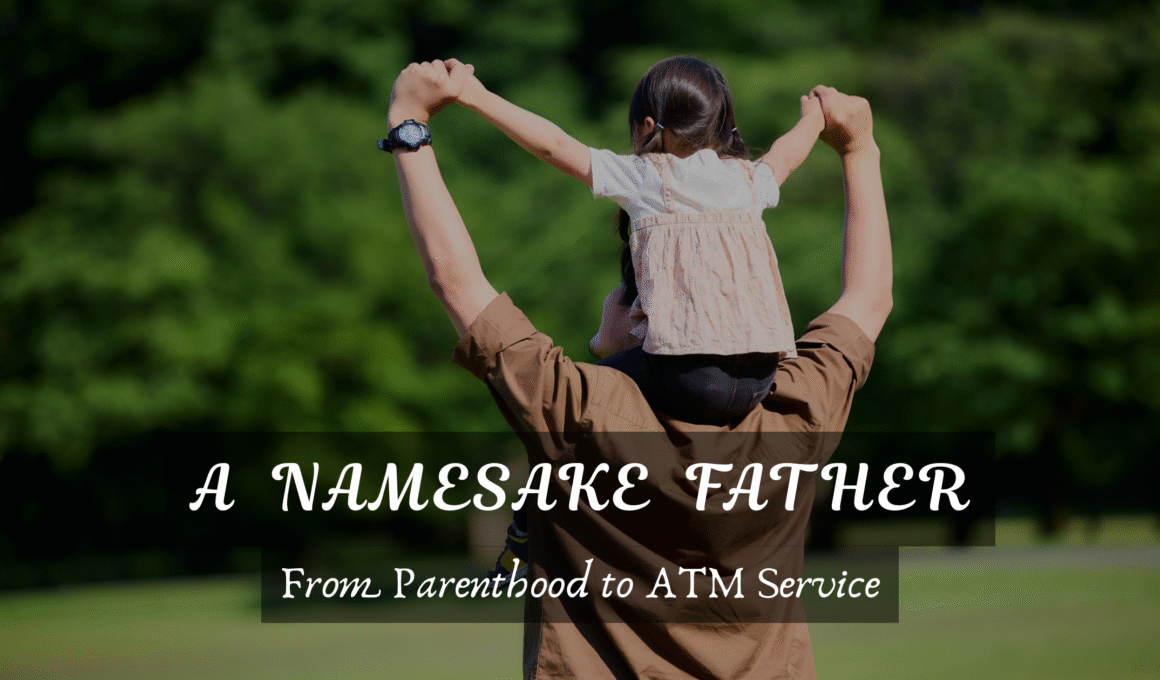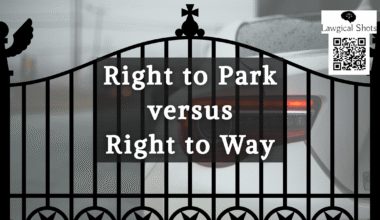Sanjeev got married in 2002, with dreams of building a home with his life partner, raising children, growing old with someone by the side. The day his daughter came in his arms, was one of the happiest days of his life. He held her tiny hands and kissed her forehead with a promise to always protect and provide for her. He had no idea that one day, that promise would be stripped of its warmth and reduced to cold monthly currency transfers. Sanjeev is just another father who failed to convince Courts to give child custody to a father. This is Sanjeev’s story, a namesake father’s story, a must read for all who think men do not suffer off a broken family.
A Broken Home Robbed of Fatherhood
It started with a happy married life and a little life in arms, but temperamental differences made things tough each day. Just three years into marriage, Sanjeev separated from his wife. What followed was a relentless legal battle. Accusations of dowry demands, cruelty, emotional abuse led Sanjeev to the edge of emotional breakdown. The law took its course, but its execution ignited the last straw for Sanjeev. Without trial or judgment, Sanjeev was instantly cast as guilty in the eyes of society.
His daughter was too small to understand what was going on. Initially it was a few months, and then years, but Sanjeev did not get a chance to see his daughter. The courts didn’t ask how involved Sanjeev wanted to be in her life. They didn’t ask whether he could be a good father. Since the daughter was too young, the mother was given full custody. Though he got visitation rights, his wife would pick any chance to make excuses of ill-health or school events to avoid the father-daughter meets.
The Long Silence: A One-Sided Story
As the years went by, Sanjeev made attempts to reach out to his daughter. He would send birthday cards, letters, gifts, but they were all returned unopened.
His daughter was being raised with a narrative he had no control over. To her, Sanjeev was not her father; but just a man who “left,” or worse, a man who “hurt” her mother. In the echo chamber of a one-sided household, the idea of co-parenting was lost. Parental alienation was too loud for Sanjeev to keep him awake during nights.
A Legal System That Forgets Fathers
India’s custody laws, while written with the “best interest of the child” in mind, often overlook the vital role of a father. In practice, child custody, especially for young kids and daughters, is almost always granted to the mother. Visitation rights are weakly enforced. And, when one parent actively works to alienate the child from the other, the courts rarely intervene.
Sanjeev was never abusive, not even neglecting. He was not absent by choice, yet he was made invisible by design. He was guilty in the eyes of his daughter, and he was left helpless at the hands of the person whom he promised a lifetime.
Financial Fatherhood: The Unseen Burden
All these years, Sanjeev paid child support without fail. It did not just happen out of legal obligation, but out of personal duty. Because despite everything, Sanjeev never stopped being a father in his heart. Even if he wasn’t allowed to be there for her school functions, her illnesses, her heartbreaks, Sanjeev chose to be there in his own invisible way, funding her education, her upbringing, her safety.
But love, when unreciprocated, begins to feel like a burden. And in India, husbands and fathers are unapologetically burdened with the duty to become an ATM for their children, warned not to expect anything in return.
The Wedding: A Knock at the ATM
Sanjeev’s daughter was growing up, she was an adult now. Being a father of a daughter in India, Sanjeev had dreamed of her wedding since her birth. Now, after two decades of silence, he finally heard from her – not to talk, not to reconnect, not to ask about his life or health, but to ask for money for her wedding. A wedding Sanjeev was not invited to, a celebration was not a part of, a milestone he was supposed to witness from afar, like every other moment of her life. And yet, Sanjeev was expected to pay, only because he was her father, legally, financially and apparently, only that.
The Emotional Bankruptcy
How do you explain the pain of a father being needed only for his wallet, never for his words? Can anyone tell Sanjeev’s daughter that fatherhood is more than a transaction that Sanjeev longed to be her guide, her protector, her friend?
Sanjeev still loved his daughter, but something was broken. He realized the power of manipulation, the ease with which a child could be turned against a parent when fed a single narrative for years. However, how could Sanjeev or any father not resent the system, the one that allows this parental alienation, that empowers one parent to erase the other, that treats fathers as financial instruments, not human beings.
What Needs to Change
We need to stop assuming that mothers are the default better parent. We need stronger enforcement of shared custody, of visitation rights. We badly need legal consequences for parental alienation. Why? Because stealing a parent from a child is a form of emotional abuse too.
Everyone should understand that fathers are not just ATMs. They too bleed, they grieve, they love, even from a distance they do not choose. And when that love is ignored, dismissed, or exploited, it doesn’t disappear it festers and scars.
Conclusion: A Father in Name, Always in Heart
To the world, Sanjeev may be just a namesake father. To his daughter, perhaps, he was a stranger. But in Sanjeev’s heart, he was and will always be her father.
In Sanjeev’s words – “I hope someday she sees that. Not just in the wedding funds I may send, but in the empty chair at every milestone she never lets me fill. I hope that one day, my daughter comes to me with love in her eyes, and this prolonged pain of parental alienation fades away.”
“I hope someday she sees that. Not just in the wedding funds I may send, but in the empty chair at every milestone she never lets me fill. I hope that one day, my daughter comes to me with love in her eyes, and this prolonged pain of parental alienation fades away.”








